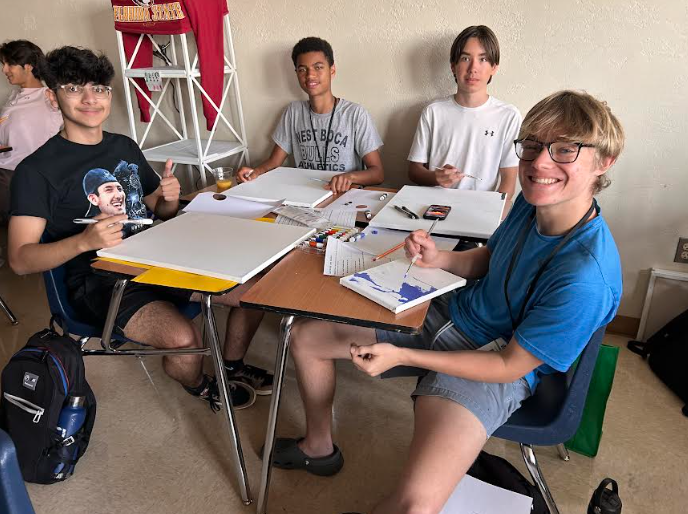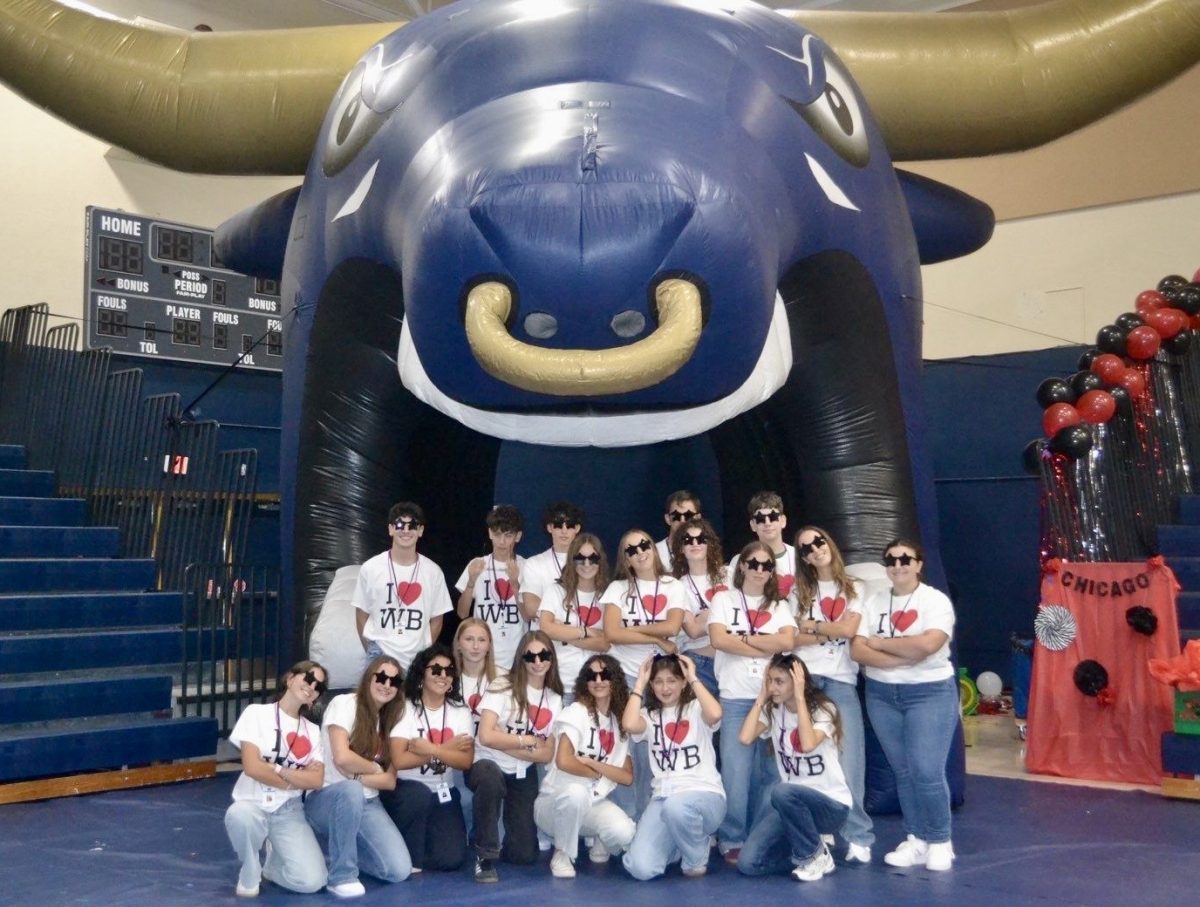College decisions are slowly coming out for seniors and will decide their futures.
Moreover, many college students graduating are having a hard time finding jobs and it is getting scary. They have even taken to the internet in distress about how they wasted their past 4 years in college. What is the problem of finding jobs if all these young adults have great degrees?
Struggle with Networking and Job Searching
Networking is a key factor when it comes to finding a job. Networking in this context is the process of making connections and building relationships to increase your chances of landing that awesome job. Networking not only builds trust but also promotes professional growth and development.
According to the National Association of Colleges and Employers and their Student Survey “Graduating seniors who used at least one service—any service—received an average of 1.24 job offers.” That is 0.24 more than graduating seniors who did not utilize networking to their advantage.
Any time when there is an opportunity to go networking events or career fairs take advantage of it because it can really make a difference in the searching process. Many employers value recommendations more than you think.
However, some graduates don’t have access to these services and advantages which is what causes job searching to feel like a dreaded process. This leads to young adults relying on searching for jobs online via Indeed, LinkedIn, and ZipRecruiter. College graduates then feel lost delaying the process of getting a job.
Lack of Work Experience
Additionally, college graduates struggle with the lack of useful work experience. Many jobs that graduates seek after college require experience beforehand. Some young adults have never had a job until graduating. This is why it is good to experiment with a job while you are in high school or college but even then standards can be unrealistic for entry level.
These issues usually occur in fields like marketing, finance, software development, and technicians. For example, if you are applying for a software designer position and you have no experience in the field with how to operate specific softwares then the company views you as a weaker option.
I personally wanted to major in psychology but the more I researched I realized many fellow psychology graduates are struggling to find a job with only a bachelor’s degree. This is due to the degree not being higher level and no previous internships/work experience. In one aspect, many could continue their education to receive a master’s degree to increase opportunities, but some people cannot afford more schooling.
Whether it be internships or an actual position prior to the job you are aiming for, it is definitely needed.
Unfortunately, sometimes internships are non-paying which do not benefit students with student debt. This can lead to it being harder for young adults without the financial ability to “work for free” to enter their field after graduation.
Employer Expectations
Besides needing prior experience for most positions, entry-level jobs aren’t even considered entry level anymore. Forbes stated, when you “search for “entry-level” jobs on LinkedIn, you’ll see job listings requiring three to five or more years of relevant experience.” It is slowly becoming more and more competitive and unrealistic for graduates.
As part of entry-level jobs and their true meanings, employers also have expectations as well. A decent percentage of employers also came forward and explained why they avoid hiring college graduates: many reasons like limited eye contact, underdressing, bringing parents to interviews, or having unrealistic expectations. This contributes to the fact that employers want to hire experienced workers to have better success. With not having to train a fresh out of college employee it cuts many corners.
While this is understandable, I do not think some of these requirements should be so intense like the years of experience for entry-level jobs.
Student Debt
Furthermore, as I mentioned, student debt is a huge problem with post-graduate young adults. This connects with the issue of finding work after their studies. According to the Education Data Initiative, a website where they collect data on student debt, claims the U.S. exceeded $1.7 trillion in 2023 with an average student borrowing “$32,000 to obtain a bachelor’s degree.” This is extremely stressful knowing that you have a heavy weight on your shoulders.
Many young adults become insecure about their financial situations delaying the job search process. They could be only searching for jobs that are high paying salaries instead of a job that aligns with their interests and field of study.
If college graduates do end up applying for jobs the companies will receive this information of your financial state which could also lower your risk of obtaining the position.
COVID-19 and The Economic State
The economic state has been another factor of why college graduates are struggling to find a job. The job market has been fluctuating due to the economic plunges which ultimately decreases availability.
Positions have become oversaturated even in economic growth periods. For instance, the popularity of business and marketing degrees have increased significantly leading to many young adults coming out of that field of study searching for a job making it hard for individuals to stand out.
A great example of economic difficulty for this generation would be COVID-19 and its effects. The U.S. Bureau of Labor Statistics found that COVID-19 “resulted in steep job losses, pushed the unemployment rate to a high of 13.0 percent in the second quarter of 2020, and caused many people to leave the labor force.” Even a few years after 2020, the percentage did not increase by much leaving many jobless.
Also, COVID-19 caused the world to be virtual for a really long time causing interactions between people to plummet. The pandemic certainly plays a part in employers’ aversion to hiring college graduates, as I stated previously.
Ultimately, college graduates struggling to find a job is due to many factors like poor networking, lack of work experience, employer expectations, student debt, and economic conditions. I am hoping that in the years to come these graduates will be able to succeed in a great field of work.












































